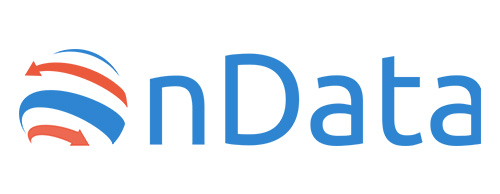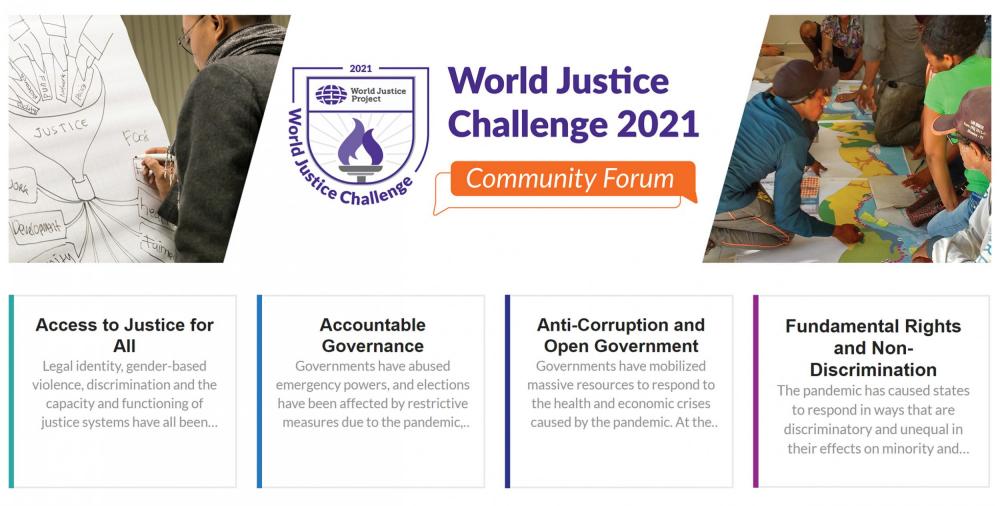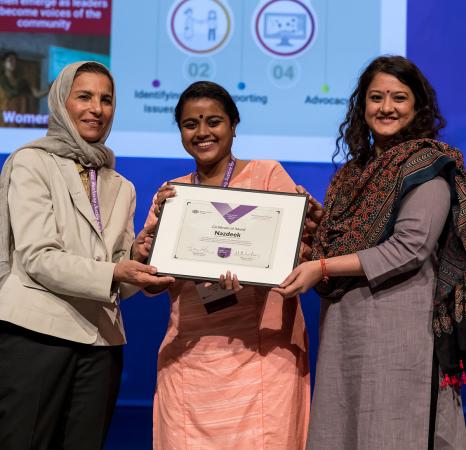Project Pitch and Q&A
Watch Ondata.it's World Justice Challenge project pitch and join WJP's World Justice Challenge 2021 Community Forum to ask questions to project representatives, explore additional resources, meet new colleagues, and more. Join the discussion and help us build stronger rule of law values, institutions, and communities around the world.
Ask your question at the Community Forum
Project Summary
AppaltiPOP is a new open data platform that aims to increase transparency and competitiveness in public procurement in Italy. The project makes public sector data more accessible for a wide range of stakeholders such as civil society organizations, companies, civil servants, and citizens at large. The platform gathers data from a number of different Italian municipalities, converts it as Open Contracting Data Standards, and puts it in a single place to be accessed. Finally, public contract data gets "red flagged" on the basis of different transparency and competitiveness criteria. The platform usage does not require any technical competencies. In fact, it makes all Italian public contracts data very easy to be used and understood, increasing the potential number of people that can access it dramatically. Appaltipop is a project by Ondata, co-funded by European Commission, Parliament Watch Italy and Transparency International Italy.
Problem Statement
Public procurement is one of the government activities that is most vulnerable to corruption. In addition to the volume of transactions and the financial interests at stake, corruption risks are exacerbated by the complexity of the process, the close interaction between public officials and businesses, and the multitude of stakeholders (OECD 2016, Preventing Corruption in Public Procurement). The quality of information is often poor and entered across parallel systems that are not interoperable with one another. The access to this data is one of the most critical weaknesses for public procurement to improve transparency and competitiveness.
The COVID-19 pandemic has exacerbated the risk of corruption in public procurement at different levels. Among the aspects to be listed, there are new emergency procedures to assign tenders, new regulations adopted by the government in order to get faster and less-controlled tendering procedures, and extra funding for single municipalities spent on a single bidder without competition. Opening data of public contracts in a user-friendly manner becomes a critical aspect to allow a wide and distributed monitoring process by stakeholders, civil society organizations, civil servants, and citizens at large.
There are several target groups that might benefit from the project: Italian civil society organizations that are working to counter corruption at national and regional levels; companies with interests in participating as bidders for tenders; journalists, researchers, and citizens at large; and civil servants from municipalities included in the project, aiming at facilitating the access to data related to public contracts. In fact, this type of data is generally available within the municipality, but they are not easily accessible. AppaltiPOP simplifies the access to them, even to the civil servants not directly committed in the tendering procedures, but interested in dealing with tender data for comparisons and benchmarking at large.
Project Description
We aim to contribute to make more transparent and competitive the Italian process of public tenders and contracts. To achieve this objective, our organization works to make data of public contracts accessible for everyone. In order to guarantee accessibility we work on one hand to find, extract, and publish data from public sources, while on the other hand we aim to improve our online platforms that make data easy to understand for everyone, even to those who have limited technological competencies.
The project has been envisioned thanks to a long phase of needs analysis and needs assessment. We have identified all data sources of public contracts data in Italy, highlighted and clustered expectations from stakeholders, and defined a general mission of the platform. After this envisioning phase, we have carried out a design phase where we have also defined the technical requirements of the project in accordance with the most common standards for public procurement. This activity led us to the adoption of the Open Contracting Data Standards as the data framework for the project. During the design phase, the priority of creating an online tool easy to use for everyone (even without any technical skills) has been detailed. The platform has been called "AppaltiPOP," which literally means "POPular Tenders," in accordance with the specific objective of making public tenders popular. After the implementation phase, the beta version of the platform has been released at appaltipop.it.
The most effective aspect of the project is that the platform is the first one in Italy that collects data of public contracts from a number of municipalities and it allows stakeholders to access data in an easy and user-friendly manner, totally for free. In fact, before AppaltiPOP, users that would deepen this data had the possibility to access it only in XML format, a data format that can be handled only by those with specific competencies. This means that users without a technical background wouldn't have been able to access and work with this data. Moreover, before AppaltiPOP, data were released by single municipalities only, hindering the possibility to analyze and make comparisons between contracts, tenders, or suppliers through different municipalities. AppaltiPOP faces these two hard challenges, by bringing data from different municipalities in a single place, as well as by making data understandable by everyone with a friendly and easy-to-use user interface.
Project Impact and Potential for Scaling, Replication, and Sustainability
The project was launched on October 26th, therefore we cannot measure its impact in the medium and long term. Since its launch, we have gathered strong interest among civil society organizations as stakeholders, among them Open Contracting Partnership, Transparency International Italy, ActionAid Italy, and The Good Lobby Italy. They have helped us in assessing platform features to be more understandable for their use and in improving content and tutorials within the website, as well as in promoting the platform to their communication channels.
We have identified four main target groups:
- Italian civil society organizations that are working to counter corruption at national and regional levels might use the tool to teach beneficiaries of their project focused on transparency of public institutions, societal resilience, citizens awareness, and participation regarding the public decision process and monitoring.
- Civil servants from municipalities: they might deepen data of public contracts, carrying out comparisons between tenders, suppliers, and procedures, whether in their own municipality or in other ones included in the platform.
- Companies with interests in participating as bidders for tenders might have access to a wide range of contracts data regarding their sectoral field, deepening offers made by competitors and identifying new opportunities to offer their services as bidders.
- Journalists, public procurement researchers, and citizens at large might use the platform to analyze the public procurement process in a smarter way, also leveraging the OCDS format of data and the red flags as alert indicators in terms of transparency and competitiveness.
AppaltiPOP is introducing an unprecedented set of features and analysis opportunities. We assume that, with the help of this platform, all stakeholders might improve the results of their activities in the field of public procurement. In fact, the availability of public contract data in a format that is easy to analyze both for humans and machines will inform new types of elaborations such as: 1) comparisons between similar tenders in different contexts (e.g. different countries, different areas in the same country, or different sectors but with similar tender structures); 2) comparisons of tenders issued by similar municipalities that in principle faced similar problems; 3) analysis of single suppliers in different municipalities and contexts. Once collected in the platform, data of public contracts can be accessed through the online user interface features or downloaded for free for any purpose.
Featured Resources
- Open Contracting Partnership: "AppaltiPOP: Accountability for Italy’s Public Contracts" (Dec 2020 - PDF)
Key Project Links
Social Media: Facebook, Twitter, Youtube, Instagram
Website: appaltipop.it
Submit Your Questions and Get Ready to Pick a Winner!
Representatives of World Justice Challenge 2021 finalist projects are on hand to answer your questions. Join our online Community Forum to engage with finalists, share resources, and network with other members of the rule of law community. Submit your questions now and get ready to vote for your favorite project—voting opens in mid-April!
Join the Conversation

